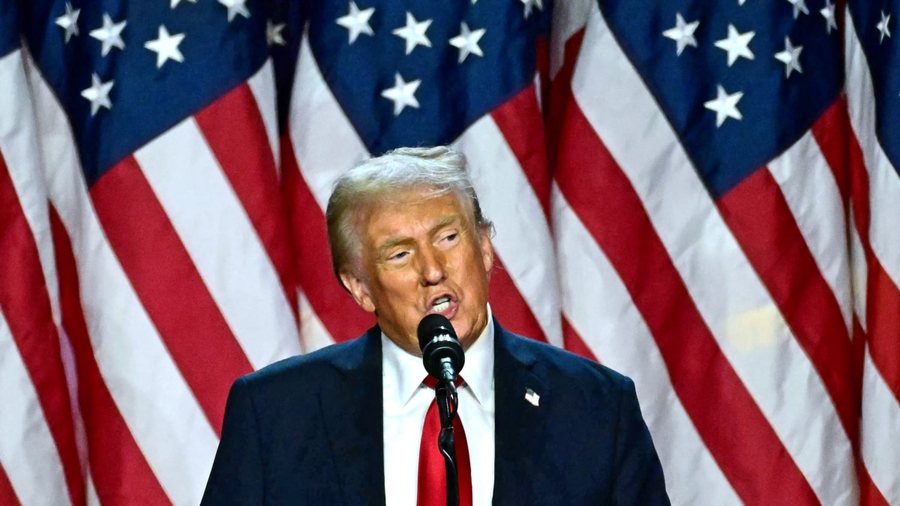
President-elect Donald Trump has vowed to end the war in the Gaza Strip very quickly, warning that 'the situation will become chaotic' if Hamas does not release hostages by January 20, the day he officially takes office. .
VOA White House Correspondent Patsy Widakuswara takes a look at the possibilities for achieving peace as President Biden's administration seeks to reach a cease-fire agreement.
Unspeakable suffering over the past 14 months as Israel continues its military operation in Gaza in retaliation for the October 7, 2023, attack by Hamas.
Dozens of people, including Americans, are still being held hostage by the group that the United States has designated as a terrorist group.
President-elect Donald Trump has warned that if the hostages are not released before he takes office on January 20, the response will be devastating.
"They have to find out for themselves what that means, but one thing's for sure, it won't be good," he said.
Mr. Trump has taken credit for brokering a cease-fire last month between Israel and Hezbollah in Lebanon that was brokered by the United States and France.
But his plans for the Gaza Strip are unclear.
"President Trump may have some resources to increase military pressure on Hamas. I don't think this will be any tougher than the Israeli operation over the last 14 months. But there may be another element, although I hope it will not have this approach, to shrink part of the humanitarian aid", says Ahmed Fouad Alkhatib from the Atlantic Council.
Meanwhile, the current administration is seeking an increase in humanitarian aid to Gaza and is committed until President Biden's last day in the White House to achieve a ceasefire, said US Secretary of State Antony Blinken.
"Gaza must be transformed into a place where it will be guaranteed that Hamas will not be in leadership, as well as Israel, to enable the governance, security and reconstruction of Gaza ," said Mr. Blinken.
This goal is still out of reach, despite Washington's diplomatic efforts with Turkey, Egypt and Qatar.
Analysts say a ceasefire remains uncertain, either before or after Mr Trump's inauguration in January. But the transition period is seen by both sides as a moment of opportunity, national security adviser Jake Sullivan said Wednesday.
"It is important to us that both the outgoing Biden administration and the new Trump administration show our strength, work more closely than usual to ensure that we are sending a clear and common message to friends and all parties in the Middle East," says Mr. Sullivan.
The common message from both leaders is that the United States wants the conflict to end. Until now, these calls have not been heard by either side./Voice of America (A2 Televizion)










